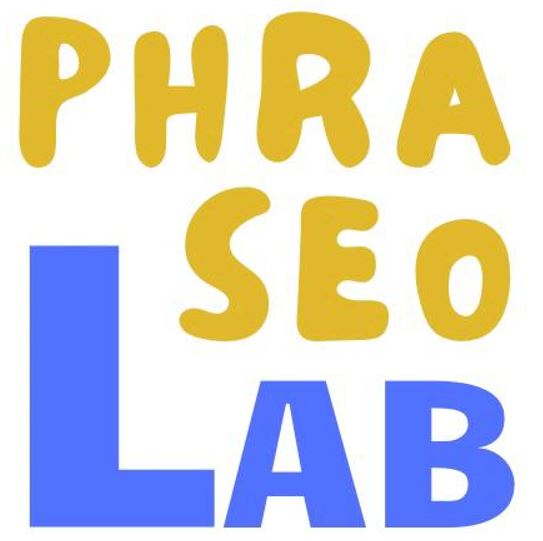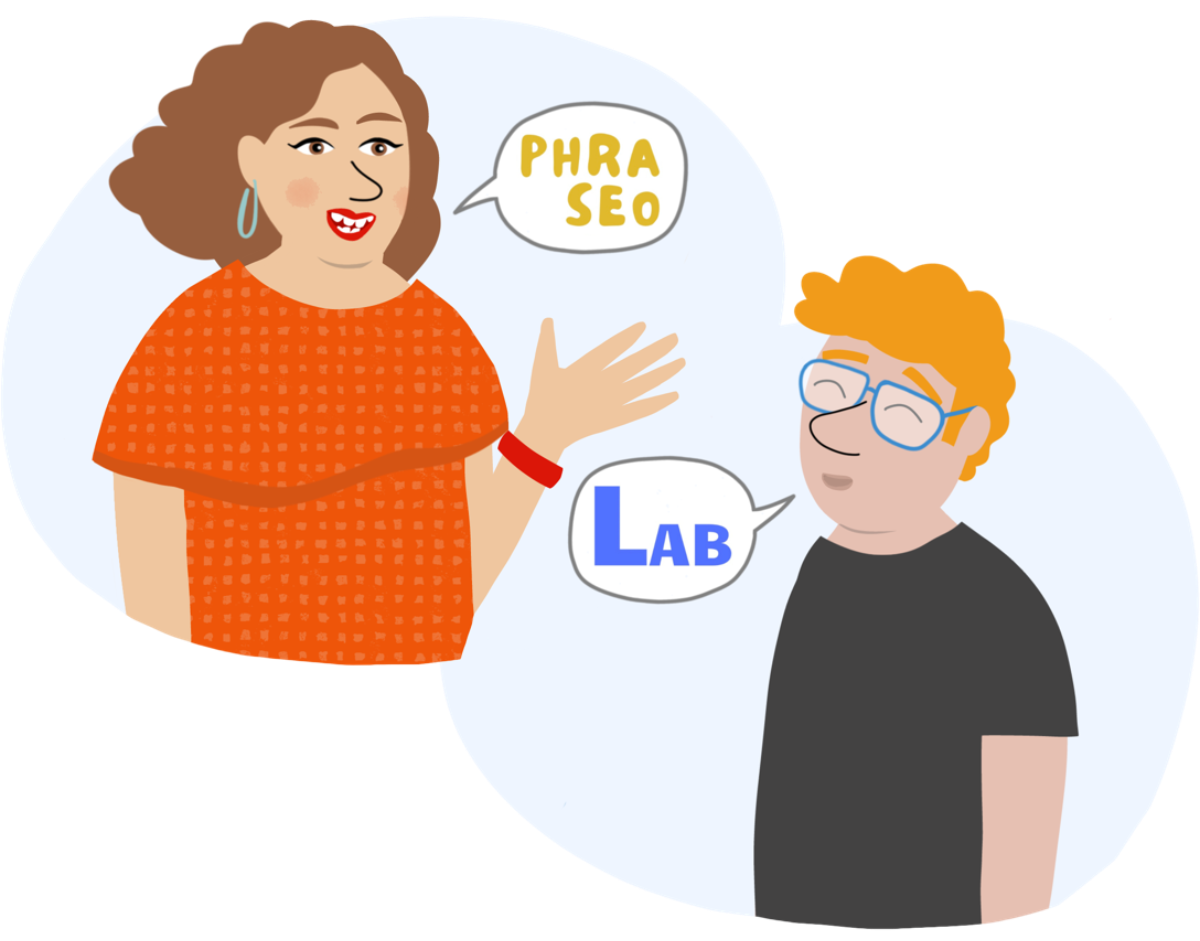Project partners and project team
The PhraseoLab team consists of researchers from the four project partners. These are the University of Murcia (Spain), the National Kapodistrias University of Athens (Greece), the University of Szczecin (Poland) and Aarhus University (Denmark).
Project idea, aims and content
The PhraseoLab project is based on the notion that learning phraseological expressions in German as a foreign language can be made easier by relating them to similar English expressions.
The idea emerged from several teaching innovation projects, coordinated by the University of Murcia, on the teaching of phraseology through digital tools. The PhraseoLab project, co-funded by the European Union, addresses the current need for learning materials which promote phraseological competence in the teaching of German as a foreign language in a systematic manner.
The main aim of PhraseoLab is to create better opportunities for learning fixed phrases (phraseology). The project seeks to accomplish this goal by developing a digital learning resource in the form of a learning platform. The platform consists of a multilingual database and interactive exercises (closed tasks with interactive feedback) as well as open learning activities (communicative tasks) for language levels A2 and B1. For that purpose, we take advantage of various modalities and media formats (text, audio, video and illustrations).
The learning platform is freely accessible online so that members of all target groups can make use of it in the framework of a sustainable international teaching-learning environment. The platform is suitable for use in formal education in schools and universities as well as in non-formal education (self-study). The interactive exercises and learning activities facilitate the development of phraseological competence of learners of German as a foreign language (L3) who already have knowledge of English (L2) (plurilingual approach).
Activities and results
We collect information about our current activities in the project, such as presentations and publications, and also make the results available.
Who is PhraseoLab aimed at?
Who are the interactive exercises and learning activities intended for? Our main target groups are:
- Young learners of German with previous knowledge of English.
- Teachers of German as a foreign language at secondary schools, language centres and universities.
- Students of philological, translation or other study programmes in the field of German as a Foreign Language or modern foreign languages.
- Adult learners who wish to improve their language competencies in the context of lifelong learning.
- Learners who do not have access to formal education settings and wish to develop their phraseological competence through self-study.
- Authors of teaching and learning materials.
- Academics with an interest in phraseology and digital pedagogical resources.
- All those who simply enjoy phraseology.
What are the phraseological expressions?
Phraseological expressions, fixed phrases or phrasemes are lexicalised units consisting of two or more words (components). The combination of words forms a semantically and/or pragmatically meaningful unit. Many phraseological expressions have properties that cannot be derived from grammatical rules. In order to use them appropriately, language learners need more than knowledge of grammar and of the individual components.
In linguistic research, the field of phraseology has expanded considerably in recent times. Today, phraseology encompasses not only fully conventionalised multi-word units but also a wider range of lexical units that exhibit a certain degree of variability (for a digital learning resource on the theory of phraseology for advanced learners, see “Germanistik Digital – Germanon” at https://gedi.germanistik-ucm.eu/phraseologie). In PhraseoLab, three types of phrasemes are addressed from a pedagogical perspective:
- Collocations – phraseological expressions that arise through frequent co-occurrence of words and represent preferred ways of expressing specific meanings, e.g. Geld überweisen, um einen Gefallen bitten, to give an answer, to be of the opinion that.
- Idioms – phraseological units with a meaning that is not derived from the combination of the meanings of the individual components, e.g. etw. spricht Bände, grünes Licht geben, hand in hand, to be the black sheep.
- Expressive routine formulae – phraseological expressions that are only used in specific communicative situations and convey illocutionary speech acts that signal emotions and attitudes of the speaker, e.g. Abwarten und Tee trinken, Hut ab, You don’t believe that yourself, That’s too good to be true.
Why is phraseology important for foreign language learning?
Recent research in linguistics sheds new light on the nature of language and highlights the central role of phraseology in the development of language competence. Empirical studies on large text corpora indicate that language consists of prefabricated units (phrasemes) to a far greater extent than previously assumed. Approximately half of the words in texts occur in prefabricated patterns. Knowledge of these units is an essential part of our linguistic competence in all languages. However, although phraseological competence is becoming increasingly important in foreign language research, progress in the development of digital pedagogical materials for this purpose has not been satisfactory. The PhraseoLab project contributes to meeting the need for modern teaching-learning materials.
What is the plurilingual approach?
PhraseoLab is based on the plurilingual approach to language teaching and learning and thus follows the current trends in European language education policy. This approach promotes the use of linguistic diversity as an asset to foreign language pedagogy.
Learning a new language is a process that takes place against the background of languages that have already been acquired or learnt. New knowledge is compared with previous knowledge and new knowledge structures are developed. The creation of links between the languages can be used as a springboard for the acquisition of further foreign languages.
In PhraseoLab, we apply the plurilingual approach to the teaching-learning of German phraseology through English. In this way, the learner’s previous phraseological knowledge of English –the most common first foreign language (L2) at present– can be used as an aid for learning phraseological expressions in German as a second foreign language (L3).
How does PhraseoLab promote intercultural learning?
Exercises and learning activities on the PhraseoLab platform follow a common thread: a story that addresses current topics and whose main characters come from various European countries (Denmark, Greece, Poland, Spain). Through the adventures of these characters in Berlin, learners are not only familiarised with phraseological expressions but also with German culture and with other cultures. This helps to develop intercultural understanding and competence.



